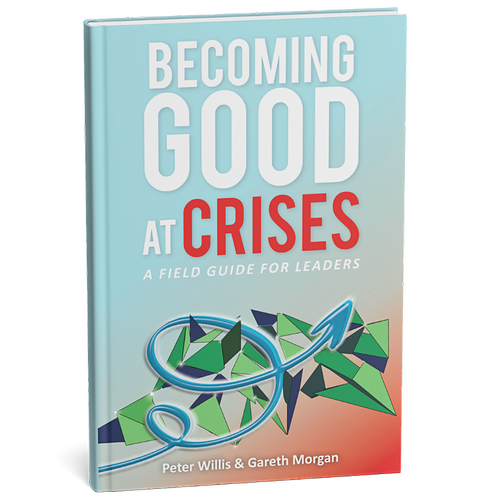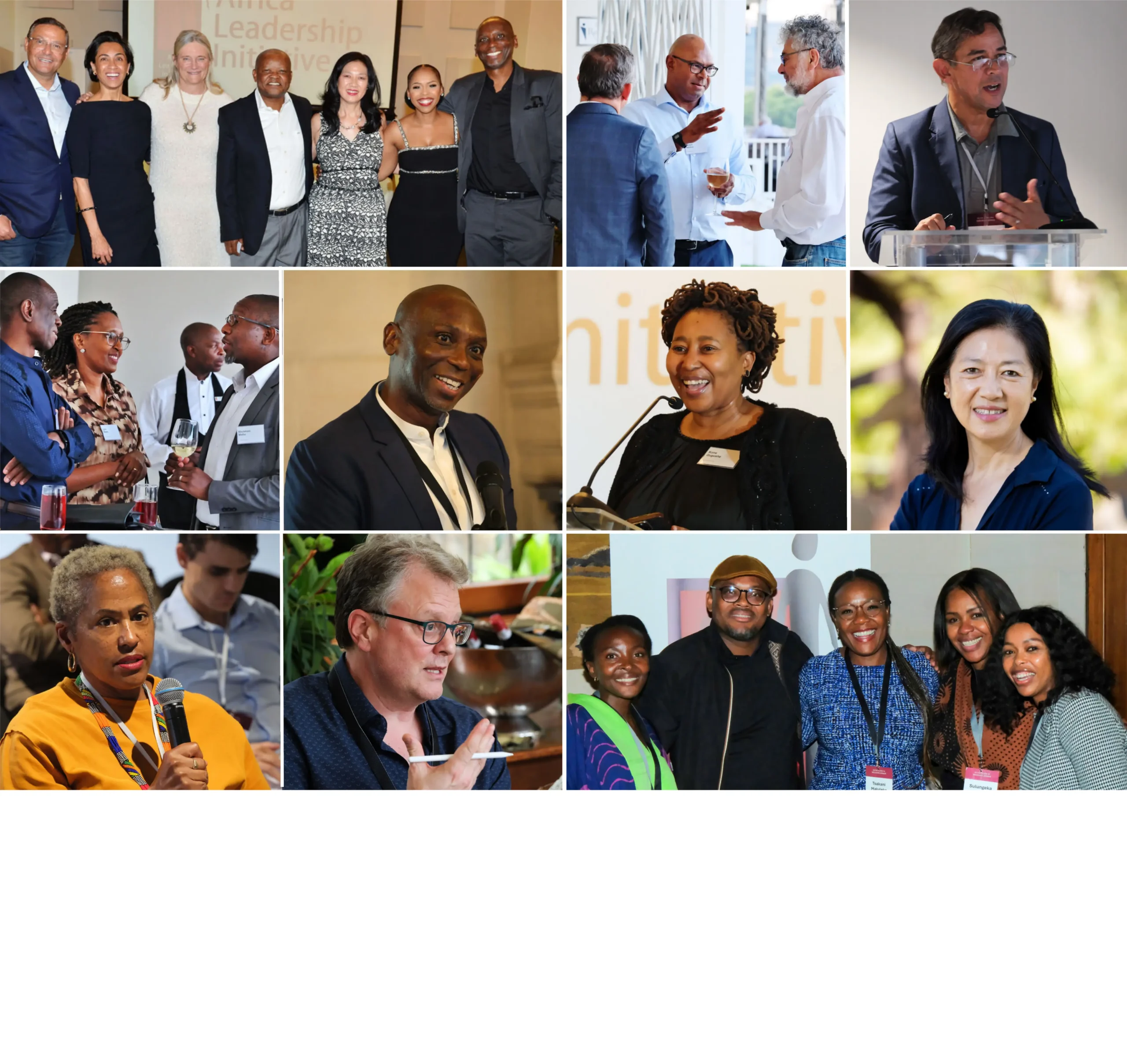
Gareth Morgan (Class XIII Akani), the Executive Director of Future Planning and Resilience – City of Cape Town, has co-authored a powerful new guide with Peter Willis: Becoming Good at Crises – A Field Guide for Leaders. This book arrives at a time when leaders everywhere are being tested by the pace and complexity of crisis and it offers a clear, practical path forward for those who must lead when it matters most.
Gareth’s reflections are shaped by his leadership and fellowship journey, where he learned that leadership in crisis is not about waiting for events to unfold but about stepping up and providing direction. He shares that, “It is important that leaders tangibly lead during these moments. They should plot the course rather than allow the event to lead them.” This conviction runs through every page of the book, urging leaders to be visible, decisive and present.
Together, Gareth and Peter outline six core capabilities that organisations should develop before a crisis strikes. Gareth is candid about what is often missing: project execution. Gareth notes that,“Once the leader has developed the strategy it is essential to have team members who can implement that strategy. The ability to execute projects is a special capability. My sense is that in many organisations in Africa, notably in our governments, this ability to execute on strategy has been denuded.” Execution, he argues, is the bridge between vision and real-world impact.

Resilience and ethical decision-making are at the heart of Gareth’s approach. He challenges leaders to rethink team dynamics in a crisis, advocating for boldness in assembling the right people for the moment—even if it means breaking away from the traditional organogram. Not everyone is suited for crisis conditions and recognising this is itself a mark of leadership.
The book also maps the four phases of crisis, each with its own demands. Gareth highlights the courage required to declare a crisis early, “The leader’s job is to provide clarity in this phase.” As events unfold, leaders must stay alert to secondary impacts—crises within the crisis—and when the dust settles, ensure that hard-won lessons are not lost in the rush back to normality.
“If a crisis is declared, it means that someone has to do something about it. Making decisions is core to leadership. Timely, evidence-based action is not reckless, it is responsible and ethical.”
Foresight, Gareth insists, is not a luxury but a necessity. He urges leaders to “cast the net wider” when seeking early warning signals, challenging their own biases and remaining open to weak signals that might otherwise be missed. This discipline of curiosity and vigilance is what keeps organisations prepared for whatever comes next.
Many organisations hesitate to declare a crisis early, often paralysed by fear or uncertainty. Gareth is unequivocal, “If a crisis is declared, it means that someone has to do something about it. Making decisions is core to leadership.” For him, timely, evidence-based action is not reckless, it is responsible and ethical.
Gareth’s insights, grounded in real-world experience and values-based leadership, are a rallying call for leaders everywhere. This book is a testament to the power of courageous, ethical leadership to steer organisations and communities from uncertainty to resilience.
Order Becoming Good at Crises – A Field Guide for Leaders by Gareth Morgan and Peter Willis at www.becominggoodatcrises.co.za.









